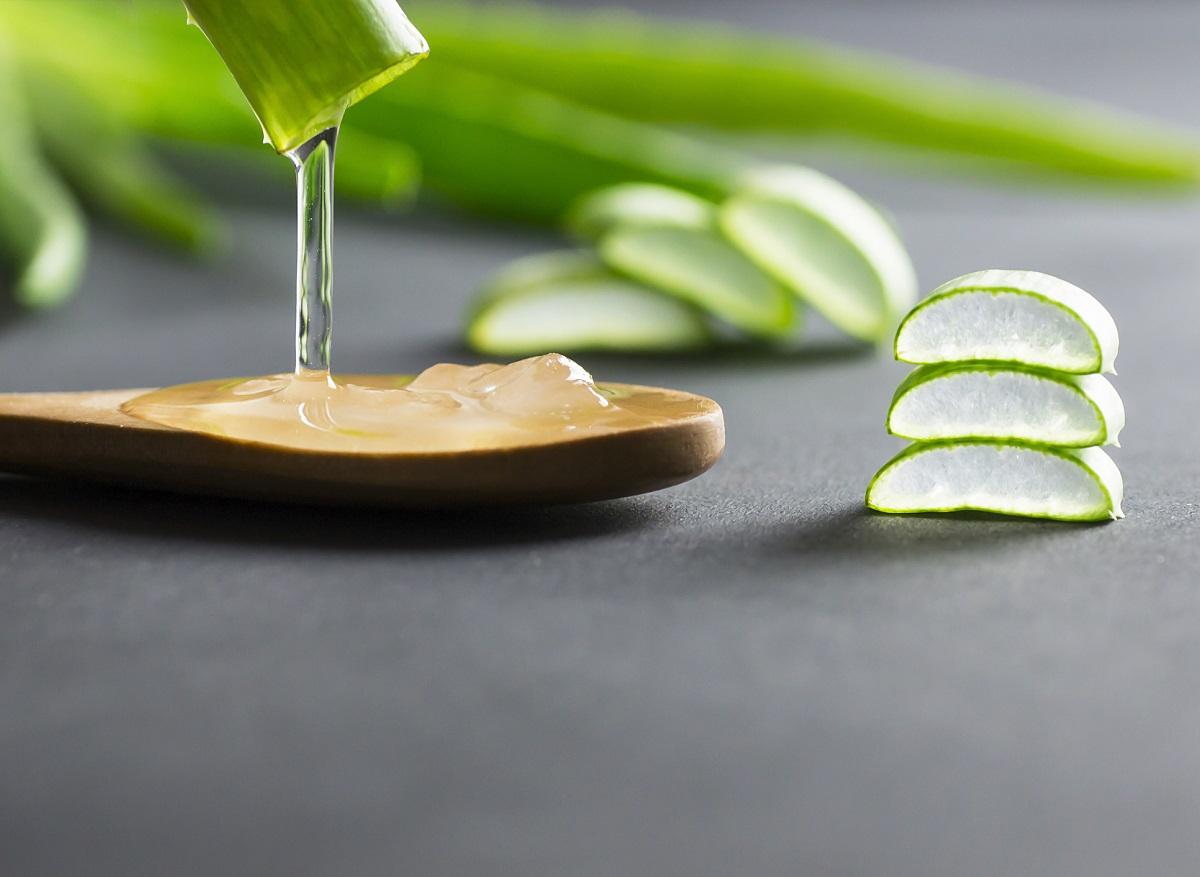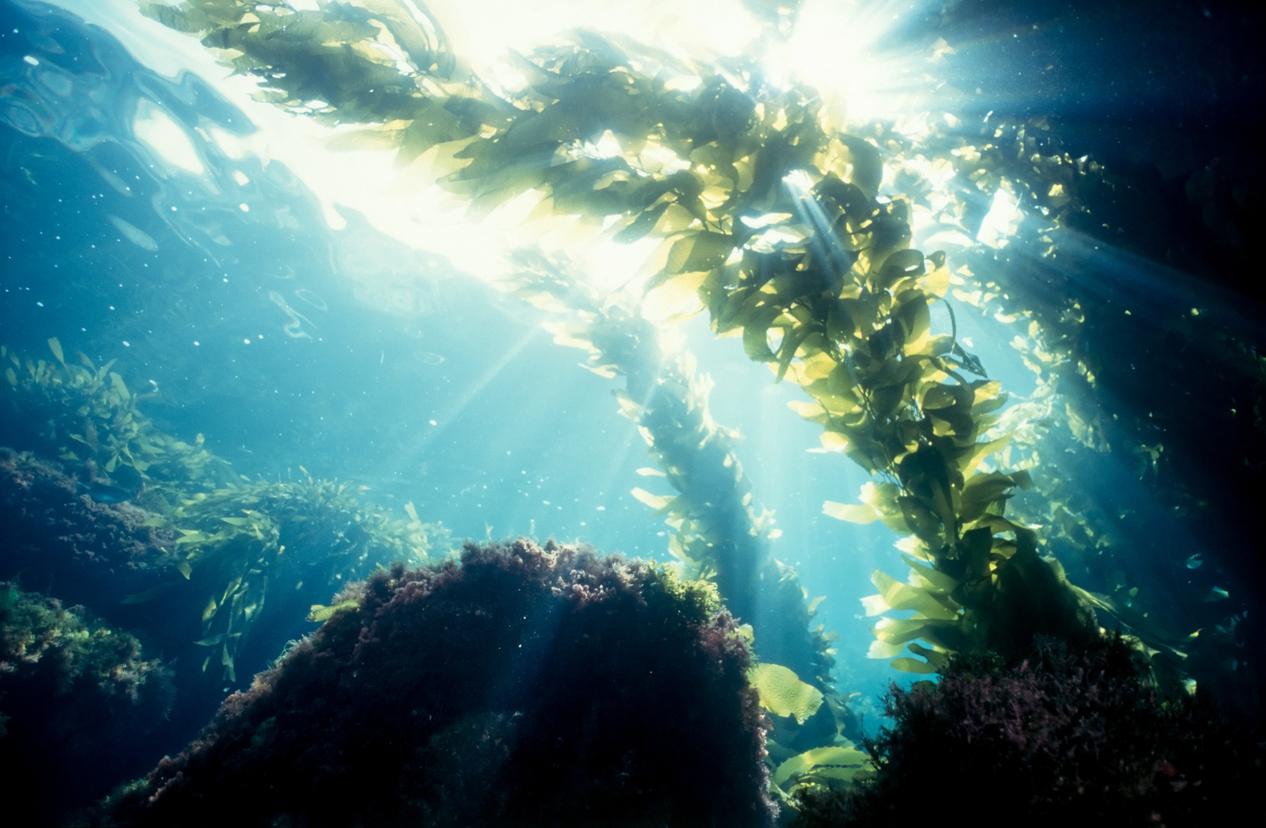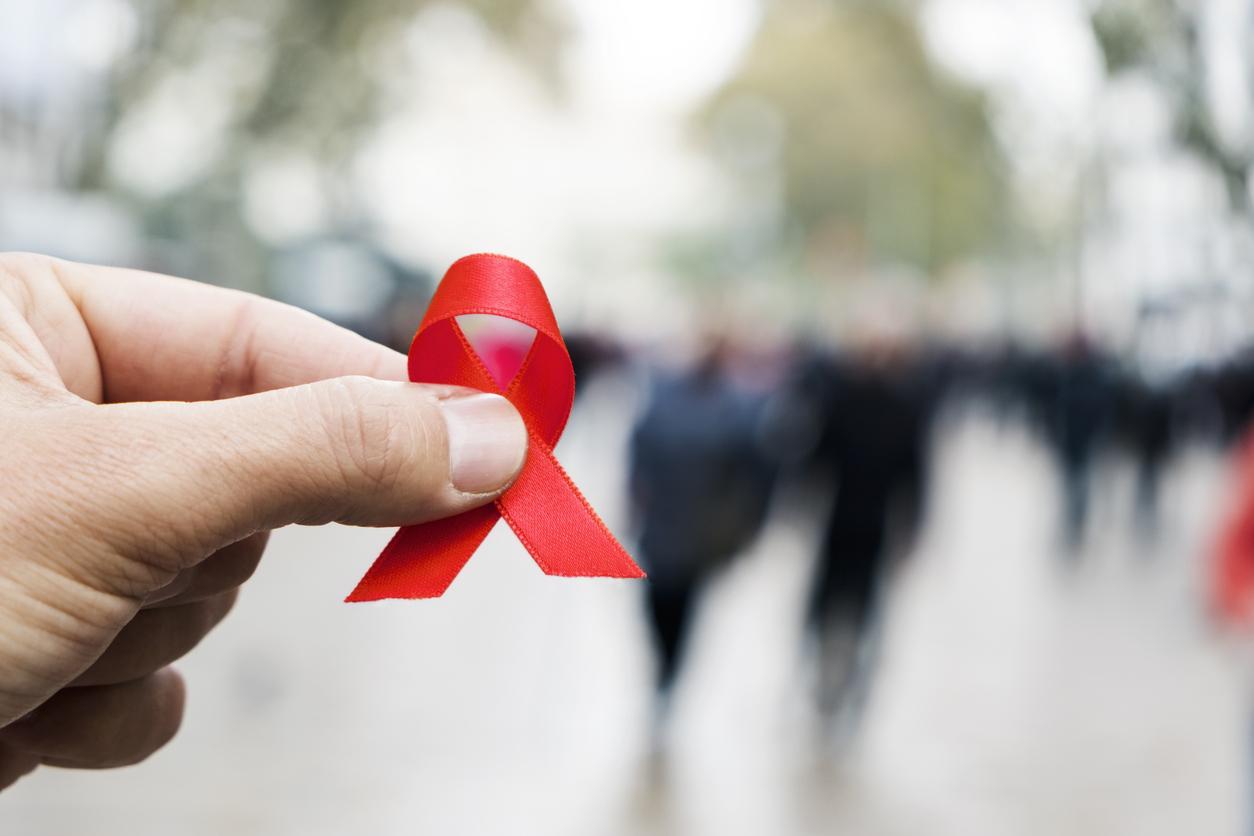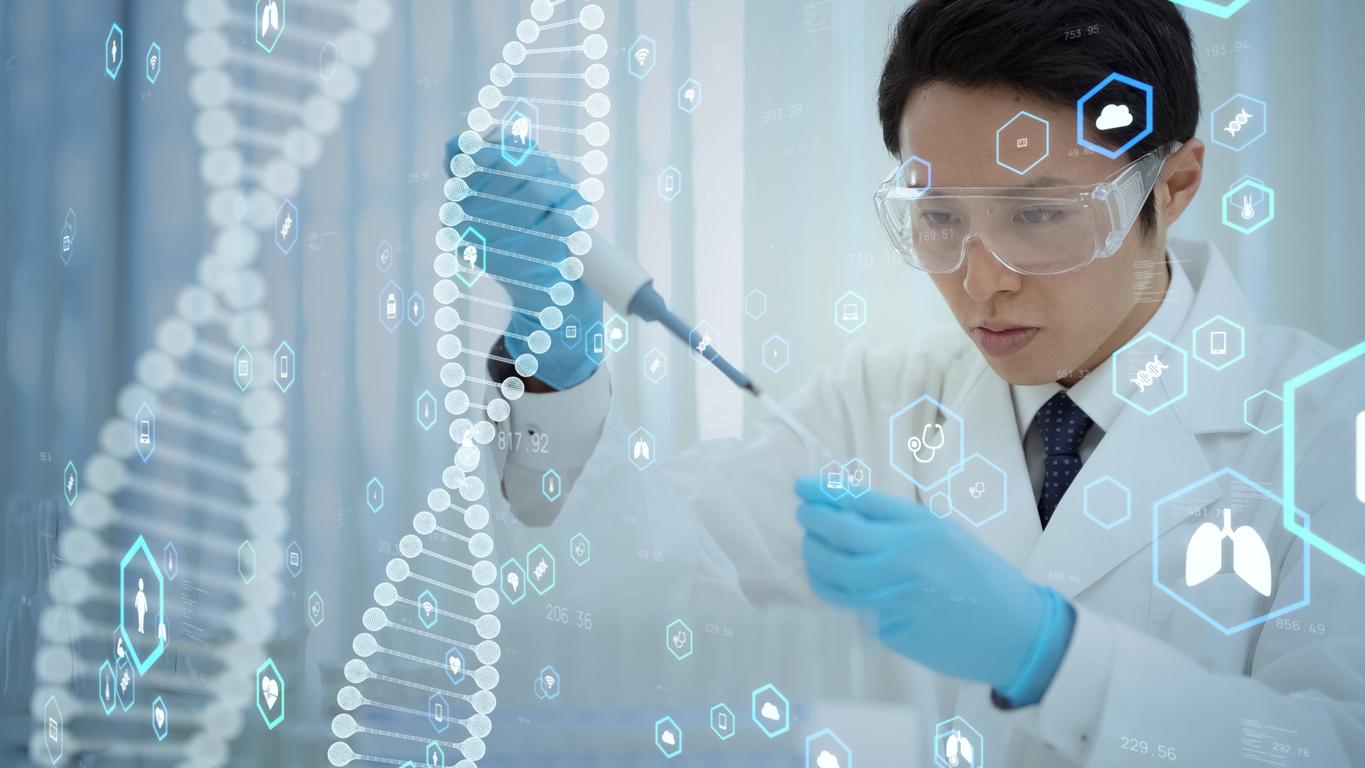A new study reveals that a freshwater algae can speed up wound healing.
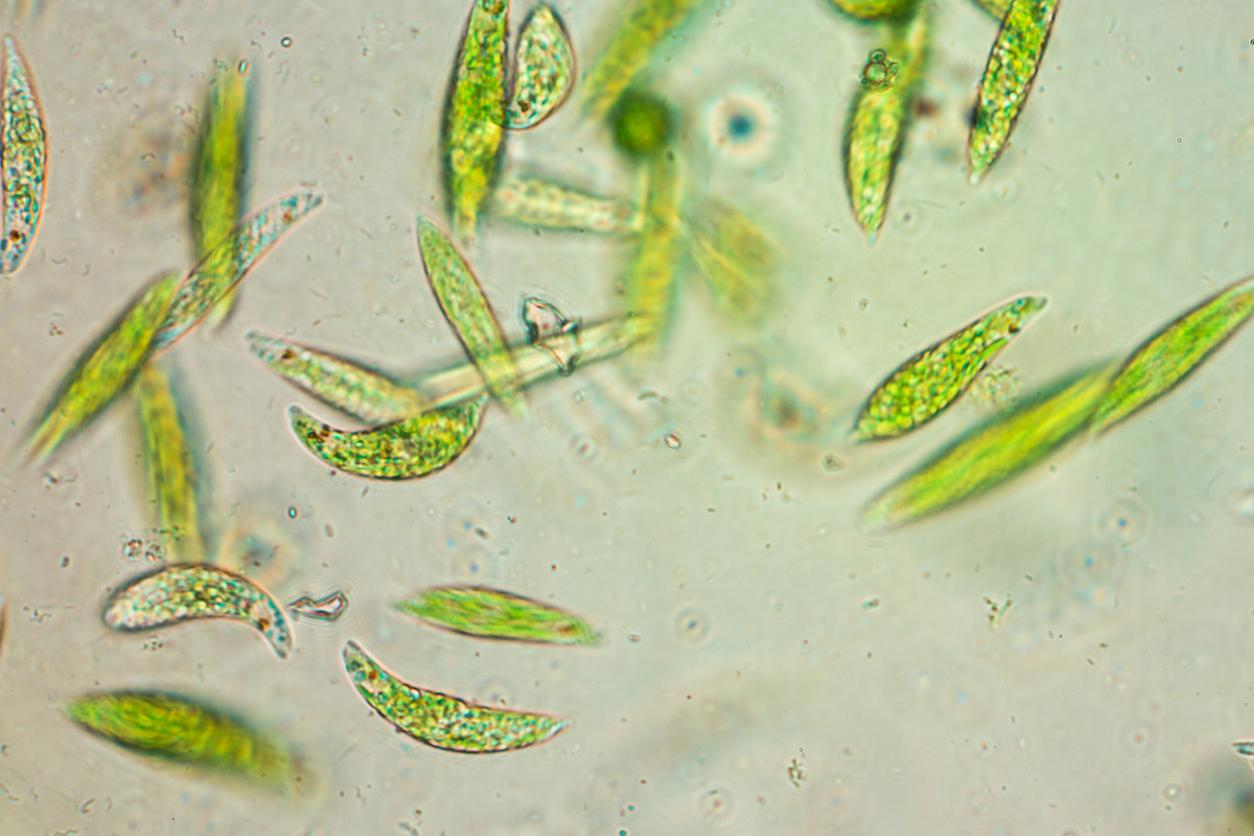
- Euglena gracilis contains nutrients, essential amino acids, fatty acids, vitamins and minerals, according to Frontiers in Nutrition.
- Beyond the benefits for the skin, this seaweed contains insoluble dietary fibers well known to reduce obesity and diabetes.
Another proof of the health benefits of seaweed, and not just on the plate! South Korean researchers have found that tiny particles from a freshwater algae called Euglena gracilis would promote the proliferation and migration of skin cells, which would activate healing in the event of injuries.
Euglena gracilis reduces inflammation of the epidermis
The results of their study were published in the journal Advanced Materials Interfaces. During the tests carried out, the scientists noticed that this seaweed also helped the body to produce more collagen which constitutes approximately 80% of our skin.
According to the authors, the seaweed releases beta-glucans, called paramylon, which encourage the immune system to regulate itself and help damaged skin to regenerate. They also contain antioxidants which are widely used in skin care products as they limit inflammation of the skin.
Algae cells are less harmful than animal cells
Euglena gracilis has many advantages over other algae because its cell membrane is quite flexible and it can be grown in large quantities without the risk of viral infection, the authors say. This is why they were particularly keen on trying to obtain extracellular vesicles from this algae.
Extracellular Vesicles (EV) are particles produced and excreted by cells and surrounded by a lipid bilayer. They were once considered cellular waste products but are in fact an important form of intercellular communication and are now attracting significant attention due to their roles in a variety of physiological and pathological processes.
According to the South Korean research team, extracellular vesicles that are released by animal cells can be transferred directly into the body for medical purposes, such as helping to suppress cancer cells in people with leukemia. However, they have not yet been used on a large scale because they can be contaminated. This algae therefore presents a potential alternative, according to the researchers.







